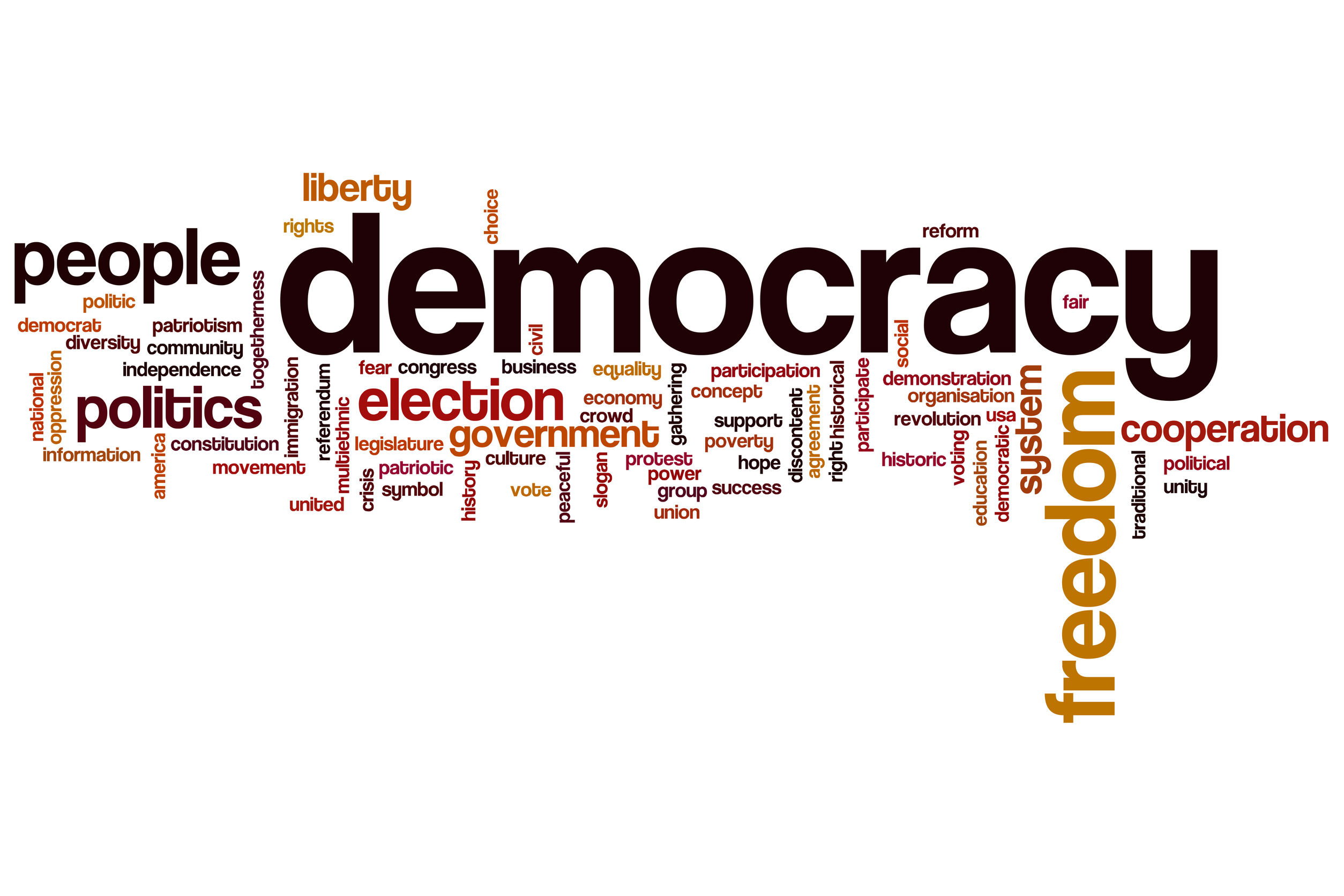
To International Day of Democracy: the internet fosters participation and inclusion
A day for democracy! The United Nations created the International Day of Democracy in 2007. Each year on 15th September we look at the state of democracy around the world.
The Democracy Day theme this year is “Space for Civil Society”, because if the relationship between state and citizens is a bad one, cracks are liable to develop in the democratic idea. Which is why society as a whole benefits from citizens being involved in the political process. Here are a number of ways in which creating space for civil society can promote healthy democracy:
The remedy for ailing democracies:
- Participation fosters and upholds better relations.
- Citizens feel that they are being taken seriously and are valued; politicians receive more support as they go about taking controversial decisions.
- Lessons can be learned and knowledge acquired through the process of civil participation.
Study: much interest in online participation
The number of ways in which people can participate in the political process has increased markedly in recent years. There are now many forms of online involvement; they include petitions, votes, articles and direct contact with politicians via social media.
According to a 2014 study conducted by the Alexander von Humboldt Institut für Internet und Gesellschaft, political engagement is not limited to tweets; online participation is also very popular. The study found that 94 percent of those questioned were already familiar with at least one form of online participation and 45 percent had been actively involved in a participatory event at least once. 18 to 34-year-olds were found to be the most active age bracket.
We see, then, that the most active age groups in internet involvement is also the cohort least likely to take part in conventional elections. These findings are borne out in other surveys, which suggest that the introduction of online polls would raise turnout levels among young voters.
Inclusion: the internet does more to integrate disabled individuals into the political process
People with disabilities are the big winners in the development of online participation opportunities. For instance, it is very hard, even impossible, for people coping with mobility challenges to make the journey to a polling station or even find a wheelchair-friendly station in the first place, according to research conducted by the European Union Agency for Fundamental Rights (FRA). Voting online, on the other hand, is even possible from a hospital bed using a tablet PC or smartphone.
“Civil society is the oxygen of democracy. Civil society acts as a catalyst for social progress and economic growth. It plays a critical role in keeping Government accountable, and helps represent the diverse interests of the population, including its most vulnerable groups.”
UN Secretary General Ban Ki-moon
So disabled individuals, too, as well as people who are travelling on election day or are confined to a hospital bed, can now use the online voting system to take part in elections. Digital online democracy has hence brought about the involvement of all citizens, regardless of where they happen to be on the day of an election. Because with online voting the voter does not have to go to a polling station; the polling station comes to the voter.